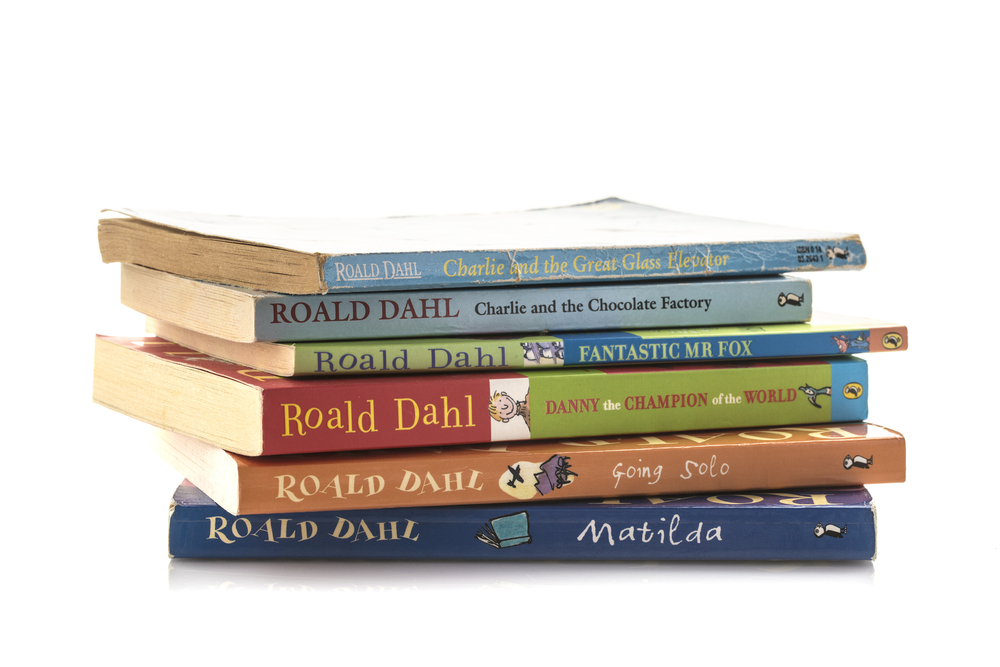The French, Dutch and Norwegian publishers of the Roald Dahl children’s books have confirmed they have no plans to follow the lead of British publishers in rewriting the literature to better reflect modern sensitivities.
U.K. publisher Puffin Books and the Roald Dahl Story Company sparked outrage earlier this week when they announced that after a review of the famous children’s stories including Matilda, James and the Giant Peach, and Charlie and the Chocolate Factory, the books would be edited to remove language deemed offensive in the modern day.
Critics, including Booker Prize-winning author Salman Rushdie, heavily criticized the move describing it as amounting to “absurd censorship.”
European publishers joined the backlash. Joris van de Leur, director of De Fonte, which publishes the Roald Dahl books in the Netherlands, said he would be demanding an explanation for the revisions.
“Roald Dahl is the reason I came to work at this publishing house. His humor is second to none,” van de Leur said.
[pp id=66765]
“Exaggerations are a figure of speech with him: If a person is fat, it represents gluttony and excess. Children understand what such literary hyperbole is. They really don’t think all fat kids are greedy.
“Fortunately, we have the freedom to see what that means for our translations. We will be careful not to detract from Dahl’s humor,” he added.
French publishing house Gallimard offered a similar response, insisting the “rewrite only concerns Britain,” and confirming, “We have never changed Roald Dahl’s writings before, and we have no plans to do so today.”
Eva Thesen, the publishing manager of children’s books for Norwegian publisher Gyldendal Litteratur, expressed “a sense of unease in relation to the development we are seeing” regarding the revisions.
“We are critical of the scope of the changes that are now intended for the British market,” she told Norwegian newspaper Verdens Gang.
“It is out of the question to include all the changes we now see discussed in the British media,” she added.
The Roald Dahl Story Company, which was acquired by streaming giant Netflix in 2021 defended the move, claiming it is “not unusual to review the language used [in books] alongside updating other details, including a book’s cover and page layout.”






